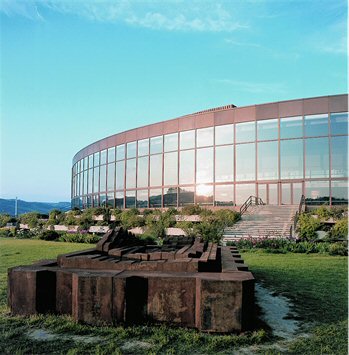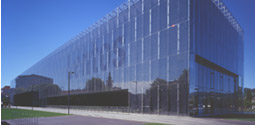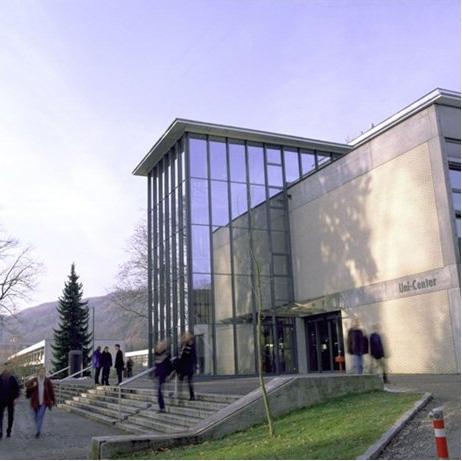|
19th IEEE |
|||||
|
Automated Software Engineering |
|||||
Call for Papers (Closed)
Software engineering is concerned with the analysis, design, implementation, testing, and maintenance of large software systems. Automated software engineering is concerned with how to apply computation to automate or partially automate these tasks to achieve significant improvements in quality and productivity. The IEEE International Conference on Automated Software Engineering brings together researchers and practitioners to share ideas on the foundations, techniques, tools, and applications of automated software engineering technology.
Topics
We invite papers that address theoretical foundations, practical techniques,
software tools, applications and/or experience reports in automated software
engineering. Topics include, but are not limited to:
|
- Automated reasoning techniques - Category & Graph-theoretic approaches to software engineering - Component-based systems - Computer-supported cooperative work - Configuration management - Domain modeling and meta-modeling - Human computer interaction - Knowledge acquisition - Maintenance and evolution - Modeling language semantics - Ontologies and methodologies - Open systems development |
- Program understanding - Re-engineering - Reflection- and Metadata approaches - Requirements engineering - Reuse - Specification languages - Software architecture - Software design and synthesis - Software visualization - Testing - Tutoring, help, documentation systems - Verification and validation |
Technical papers should describe innovative research in automating software-development activities or providing automated support to users engaged in such activities. Research papers should describe a novel contribution to the field and should carefully support claims of novelty with citations to the relevant literature. Research papers should also clearly discuss how the results were validated.
Experience papers should describe a significant experience in applying automated software engineering technology and should carefully identify and discuss important lessons learned so that other researchers and/or practitioners can benefit from the experience. We are especially interested in experience papers that report on industrial applications of automated software engineering and in areas, such as automotive systems and medical systems, where automated techniques could potentially have a large impact in practice.
Papers must explicitly convey their potential relevance to automated software engineering to be considered to be within the conference scope. The ASE on-line Bibliography serves as a reference for potential contributors: http://ase.informatik.uni-essen.de/olbib/index.html
Publication
IEEE Computer Society Press will publish accepted papers in the conference proceedings.
In addition, authors of a selection of papers from the conference will be invited
to revise and re-submit extended versions of their papers for consideration
for a special issue of the Journal of Automated Software Engineering (Kluwer).
Submission
Papers must not exceed 10 pages in the conference format (see
http://computer.org/cspress/instruct.htm
for the guidelines and
ftp://pubftp.computer.org/Press/Outgoing/proceedings/
for the formatting files). Papers exceeding the length restriction will not
be reviewed. Papers will be reviewed by at least three program committee members.
All papers, especially application papers and experience reports, should clearly
identify their novel contributions.



